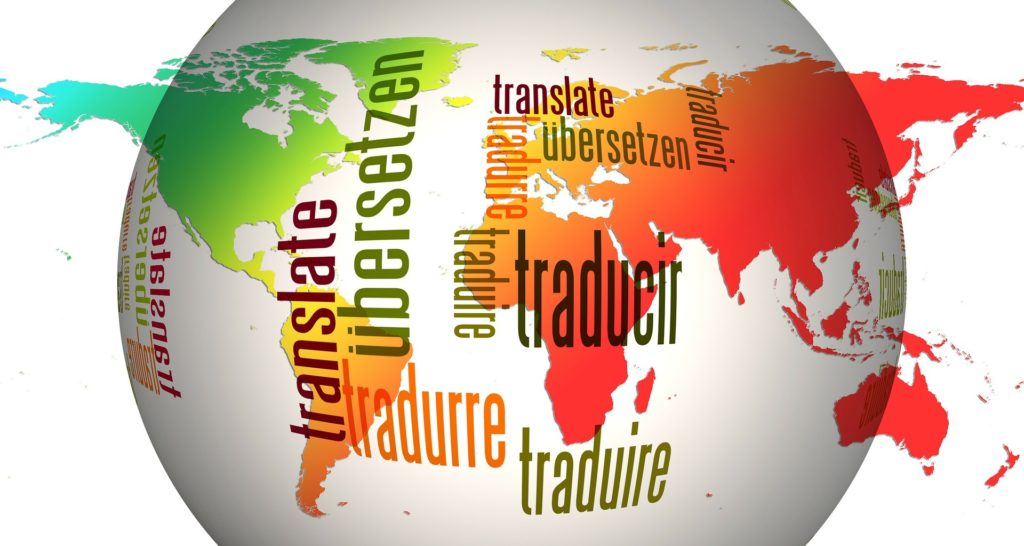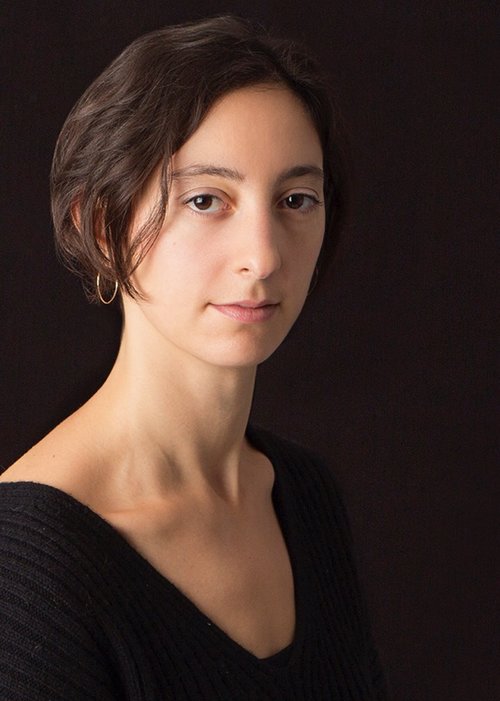Translations: How to Get Started
4 Minutes Read Time

Assistant Editor Sakinah Hofler: Recently, our publication of translated texts by Ji Yun (translated by Yi Izzy Yu and John Yu Branscum) and poems by Alcman and Callimachus (translated by Dan Beachy-Quick) in our forthcoming issue, 16.2, got me thinking about translation: Why don’t we get more translated works in our submission queue, especially prose? How many of us are attempting to translate pieces by international writers? How can we get more writers to submit translations?
I realized I was asking these questions because I am deeply interested in translation but petrified to try it. I’ve had exposure in my youth to Spanish and Arabic, but over the decades, those languages have faded in my memory to a few identifiable words. However, I can read French (albeit with a large dictionary by my side), and I’ve attended two translation workshops in the past few years. Clearly, I’m interested, but I’ve never actually tried it. I’ve told myself, I’m not competent enough. I’ve told myself, I don’t know a second language well enough.
So to talk myself (and hopefully some of you) out of this annoying self-doubt, to encourage all of us try, I reached out to a peer, Lily Meyer, whose translated short fictions have appeared in places such as Joyland, Tin House, Latin American Literature Today, and Electric Literature, for some help:

Photo Credit: Joan Brady
How does one get started translating texts?
Just start! Translating is a creative act, but it’s also an act of puzzle-solving. There’s a lot of arrangement and rearrangement involved, which is another way to say there’s a lot of playing around. For me, translation takes much, much more trial and error than writing. For a long time, my translation process was nothing but trial and error. The creative flow came years later, once I had developed the skill set I needed.
Some of those skills: literal word-for-word translation, reading every single sentence out loud to see if it’s clunky, rearranging clauses in a sentence to preserve emphasis or effect, switching in every possible synonym to see which is best. But those are my skills, which might not be relevant to other translators. Every person, I suspect, has her own set of tools.
What advice do you have for beginners?
First: I consider myself a beginner. Certainly I’m an emerging translator. I am completely self-taught, or, really, self-teaching. That freaks me out—but I love teaching myself to translate! It is profoundly fun, and profoundly rewarding. Above, I compared translation to puzzle-solving; to me, it’s the best puzzle on Earth.
Second: Read translation! I have no bigger or better advice. Translation, like fiction or poetry, is a craft you can study. I translate Spanish to English, and I spend a huge amount of time reading other translators’ works. The absolute best is when I get to read a book both in the original and in translation, like Paulina Flores’s Qué vergüenza, which the genius Megan McDowell translated as Humiliation (Catapult, 2019). McDowell is my favorite translator, but I also highly recommend Chris Andrews, Sophie Hughes, Annie McDermott, and Natasha Wimmer.
Third: Translation requires a lot of humility. Your translation will never be perfect. You will have to make changes that feel creepy and bad. Sometimes the right word or structure will simply not exist. Accepting that is a huge step, I think. It might even be a crucial one. Because what’s worse, a translation where not every sentence is perfect, or no translation at all?
I’d like to challenge all writers who have yet to try translate a text (myself included) to take a chance. The American Literary Translators Association has great resources for beginners. Not all of us will become translators, but perhaps more of us will enjoy it, like it, maybe even love it.
And, perhaps, once you reach a point where you’re like, hey, I think I’ve got something here, please send it our way. We’re waiting.
Lily Meyer is a writer and Spanish-English translator from Washington, D.C. She’s a regular reviewer for NPR Books and a contributing writer for Electric Literature. Her translations and writing about translation have appeared in Contra Viento, Electric Literature, Joyland, Make Magazine, Public Books, Tin House, and the anthology Bogotá 39: New Voices from Latin America.
